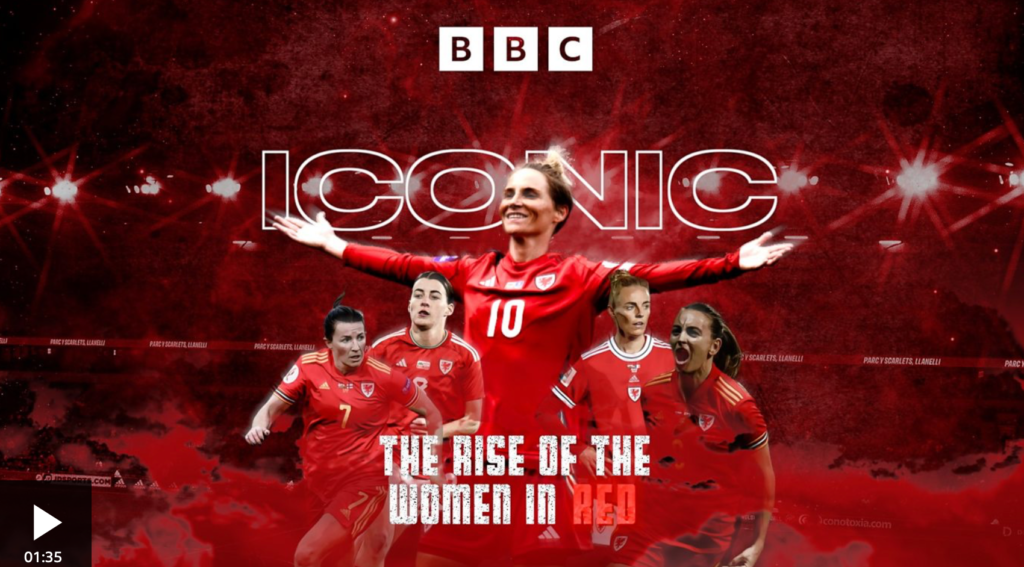A new BBC series traces the journey of the Welsh women’s football team from informal beginnings to their aspiration of qualifying for a major international tournament.
The evolution and resilience of women’s football in Wales is the focus of a new three-part series on BBC Radio Wales and BBC Sounds, documenting the journey from the initial unofficial matches in 1973 to the team’s current ambitions of reaching the finals of a major tournament, a milestone yet to be achieved.
Pivotal to the formation of the official Welsh women’s international football team in 1993 were players such as Rosemary McAllister, Michele Adams, and Karen Jones. Their successful lobbying of the Football Association of Wales paved the way for the establishment of an official women’s national team, marking a significant turning point in Welsh women’s sport.
Throughout its history, the team has faced numerous challenges on the road to international recognition. Under the guidance of coach Jarmo Matikainen, Wales narrowly missed playoff spots for the Euro 2013 and the 2015 World Cup events. In subsequent years, Jayne Ludlow took over as coach and steered the team close to the playoffs for the 2019 World Cup and Euro 2022. However, qualification remained elusive, with Wales narrowly missing out due to away goals scored against Northern Ireland, despite holding a superior goal difference.
In the latest chapters of their ongoing quest, under manager Gemma Grainger, Wales reached the play-off final in their attempt to qualify for the 2023 World Cup. However, the team was defeated in the final moments of extra time by Switzerland, thus putting a hold on their dreams of playing in a major international tournament.
Despite the setbacks, the aspirations remain high. Grainger considers qualifying for a major tournament as a key milestone not only for Welsh women’s football but for all women’s sports in Wales. This sentiment is echoed by McAllister, who discusses the transformative potential of such an achievement within the broader context of women’s football, which is anticipated to burgeon into a multi-billion-pound industry by 2030 under UEFA’s evolving strategy.
McAllister emphasised that success in securing a place in future international tournaments could bring both financial rewards and increased attention to the sport in Wales. Reflecting on the achievements of neighbouring England, she noted the potential for broader impacts on girls’ school sports and club development. She also expressed confidence in Wales’ strategic capabilities and leadership, vowing not to squander such opportunities for advancement in women’s sports.
The story of the Welsh women’s national team, as captured in the BBC series, is not just about football; it’s about the persistent and evolving efforts to achieve recognition and success on a global stage. With each campaign, the team continues to build on its legacy, aspiring to set new historical benchmarks for women’s sports in Wales.
Source: Noah Wire Services





